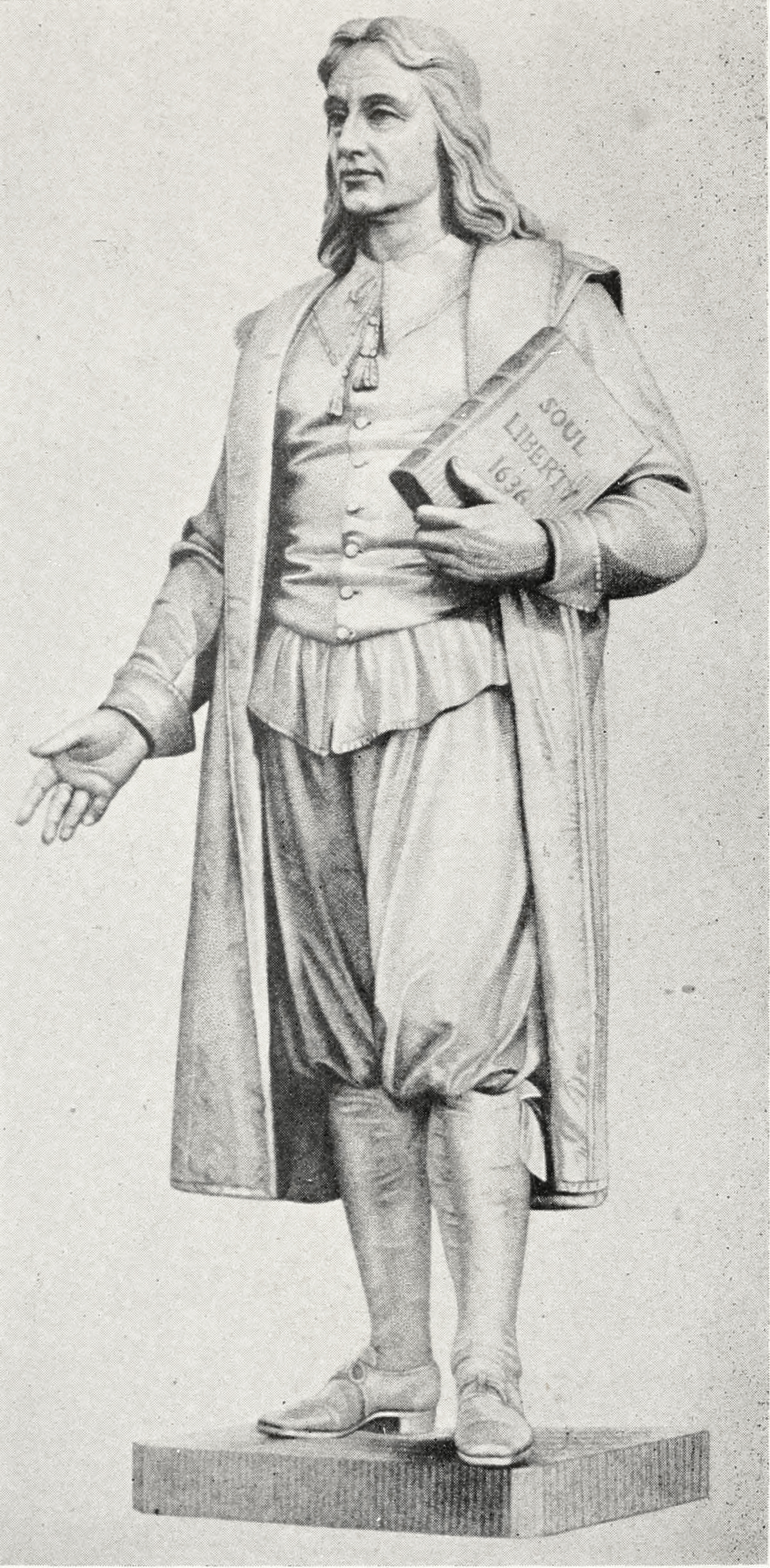“Men's consciences ought in no sort to be violated, urged, or constrained.”
"Address to Parliament"
The Bloudy Tenent of Persecution, for Cause of Conscience (1644)
Contesto: Men's consciences ought in no sort to be violated, urged, or constrained. And whenever men have attempted any thing by this violent course, whether openly or by secret means, the issue has been pernicious, and the cause of great and wonderful innovations in the principallest and mightiest kingdoms and countries...
